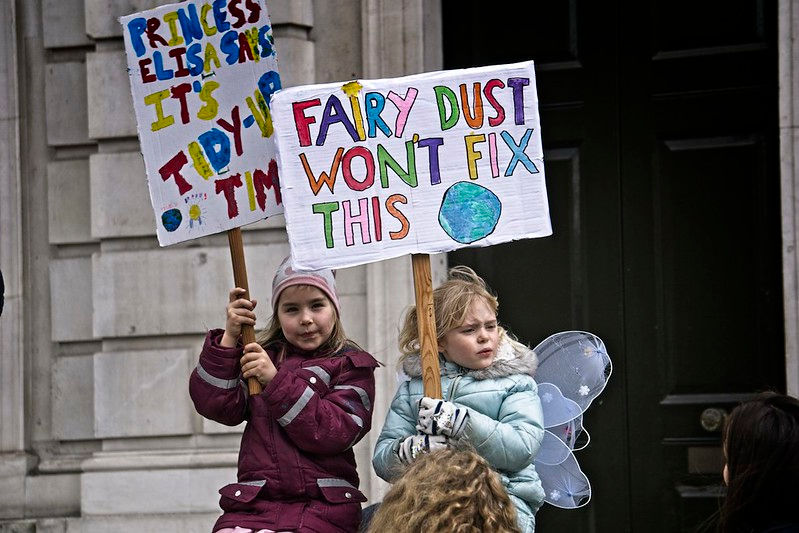Climate Change is Worsening our Mental Health
- Keevan Kearns
- May 10, 2021
- 2 min read
As one of the most pressing and relevant issues today, the media is filled with information and controversies regarding climate change. From racial injustice to political instability to economic declines, climate change affects more than just the earth physically. But what we rarely hear about is its effect on mental health. In all sorts of ways, climate change is detrimental to mental health.
One main way that climate change hurts mental health overall is through natural disasters. The climate crisis has increased the number of droughts. The National Institute of Health says, “Long duration droughts have been associated with deterioration of economic conditions, which has been associated with depression and demoralization. Distress due to prolonged droughts have been found in adolescents and have been seen to increase with time.”

In addition to the long term impact of economic instability as a result of increased natural disasters, the economic instability that climate change is causing, especially through displacement and lack of income for agricultural laborers has detrimental impacts for those seeking mental health care help because of the lack of access to healthcare. In developing countries especially, it is the individual’s job to pay for their own treatment, so inadequate mental health treatment worsens just as climate change does.
There is also a link from physical health to mental health, and during the climate crisis, physical health problems are more common. Examples of physical health that can be directly associated with climate change include cardiovascular disorders, respiratory, renal problems, and gastrointestinal disorders. Pollen, smoke, dust, and stagnant water from heat, drought-related fires, and floods lead to physical illnesses that oftentimes cannot be cured. As physical health deteriorates, so does the quality of life, and psychological distress increase.
Lastly, food supply issues that can be linked to climate change through agriculture are damaging to mental health, especially for children. Our current day society is reliant on agriculture, which is particularly unstable during this climate crisis. As sea levels rise, desiccation and flooding occur, natural disasters become more frequent, and extreme heat hits, the production of agricultural crops. As food production drops, food insecurity rises. This is especially hard for developing countries and children. Malnutrition among children that is associated with food supply due to natural disasters can cause cognitive decline and increase depression rates.
It must be noted that the amount of research done regarding this issue is minimal due to the specificity of it and the only now increasing discussion of mental health. That being said, there are direct links from the climate crisis to mental health through natural disasters, economic instability, physical illness, and food insecurity, and these issues cannot be ignored. Not only is the climate crisis reducing the life of the earth as a whole, but it is also decreasing the quality of life for humans.
Sources
Padhy, Susanta Kumar, et al. "Mental Health Effects of Climate Change." Indian
Journal of Occupational and Environmental Medicine, vol. 19, no. 1, 2015,
p. 3, doi:10.4103/0019-5278.156997.





Comments